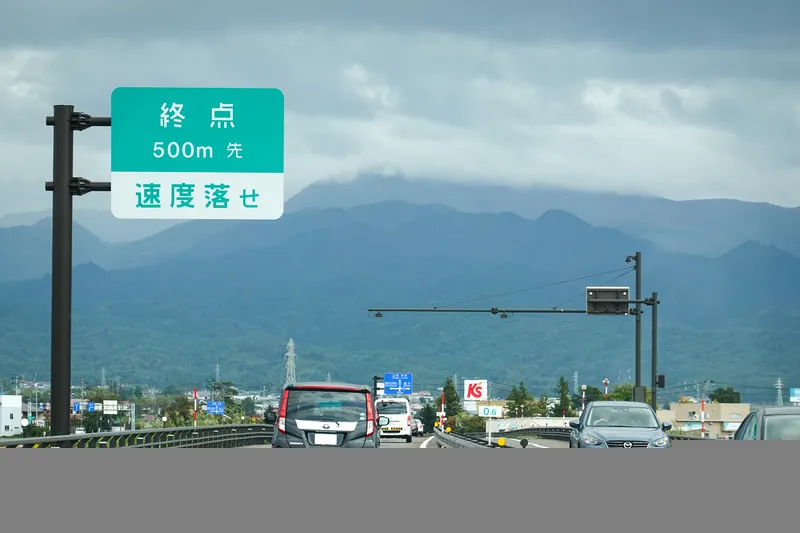
Japan's National Police Agency (NPA) intends to raise the speed limit on some sections of the country's expressway network to 120kph.
Japan Times says the speed limit will be increased from 100kph on sections of expressways that are designed to be safe and have low accident rates. Large trucks will continue driving below 80kph.
The changes could apply to the Tohoku expressway between the Hanamaki-Minami and Morioka-Minami interchanges, the Joban expressway between the Kashiwa and Mito interchanges and the Shin-Tomei expressway between the Gotenba and Hamamatsu-Inasa junctions.
The public safety commission in each area will approve the speed limit increase following discussions with local police and expressway operators.
The portion of the Shin-Tomei expressway may receive approval this fiscal year.
New signs will be used to highlight the sections of expressways where the speed limit will be increased to 120kph.









